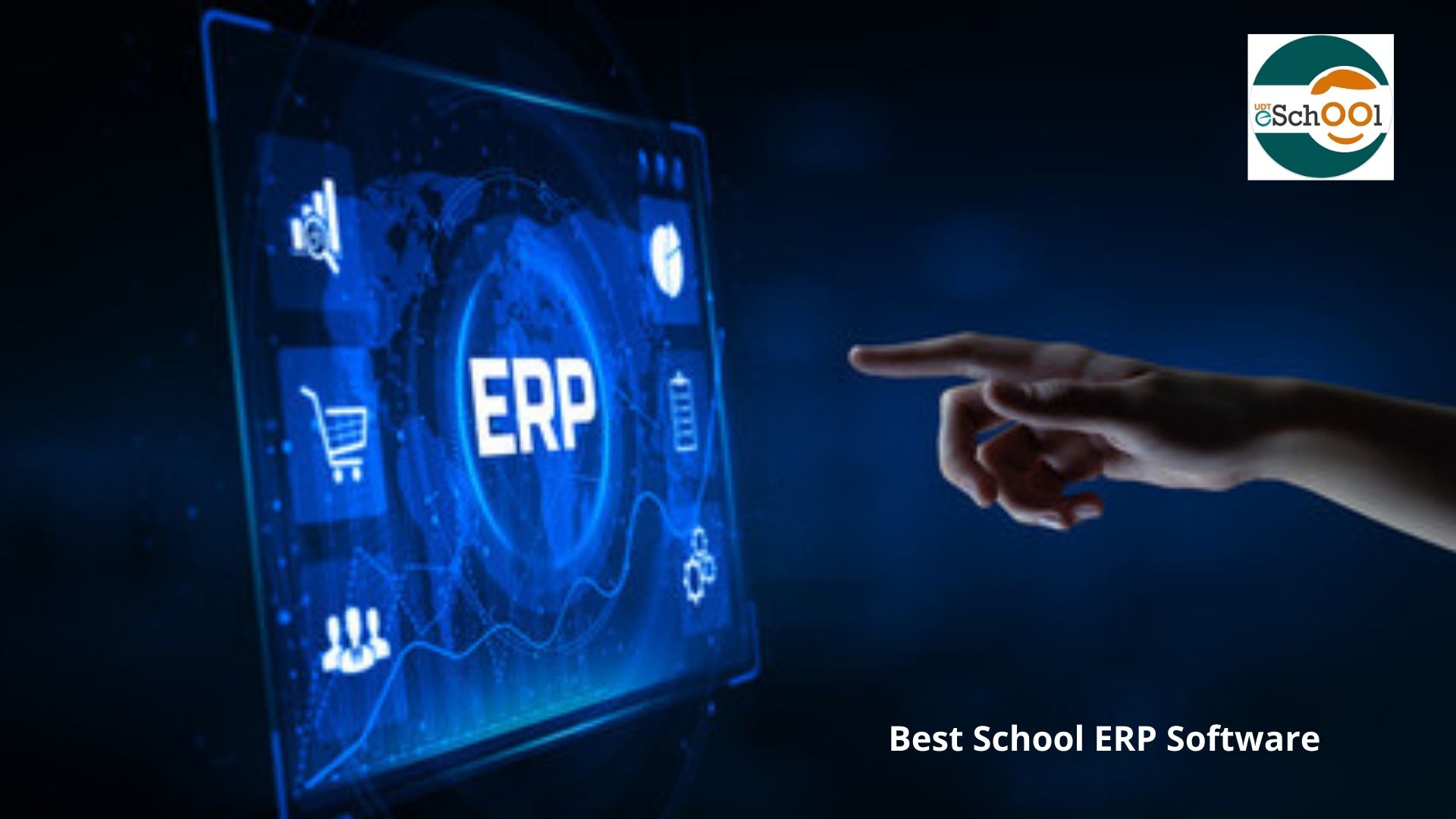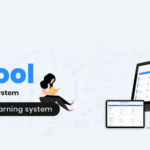In an era where digital transformation is paramount, educational institutions are adopting technology to optimize their operations and improve educational experiences. One such technological innovation that is making waves in the education sector is school ERP (enterprise resource planning) software. This powerful tool has proven to be a game changer, revolutionizing how schools manage their daily activities and communicate with stakeholders. In this article, we will discuss the numerous benefits of using the best school ERP software and how it can lead educational institutions toward a more efficient and effective future.
1. Efficient data management
One of the main benefits of implementing school ERP software is efficient data management. This software allows schools to centralize all their data, including student records, attendance, grades, and more, on one secure, easily accessible digital platform. This well-organized data management system facilitates rapid retrieval of information, reduces administrative workload, and minimizes errors.
2. Better communication
Advanced communication is another important benefit of school ERP software. It provides a perfect platform for communication between teachers, parents, students and administrators. Features like instant messaging, notifications, and updates ensure that all stakeholders are well informed about important events, academic progress, and school announcements in real time.
3. Automated administrative tasks
School ERP software automates various administrative tasks, saving staff time and effort. Tasks such as tracking attendance, managing exams, creating schedules, and collecting fees can be automated, allowing administrative staff to focus on more important responsibilities and contribute to a more productive academic environment.
4. Greater productivity
School ERP software significantly increases productivity across the board by automating routine tasks and streamlining data management. Faculty can dedicate more time to teaching and connecting with students, while administrative staff can work on strategic initiatives that contribute to the growth and development of the institution.
5. Personalized learning experience
School ERP software supports personalized learning experiences by providing insights into individual student performance, learning patterns, and areas that need improvement. This data-driven approach allows teachers to adapt their teaching methods to meet the specific needs of each student, fostering a more effective and personalized learning environment.
6. Parent involvement and commitment
Parents are integral parts of a student’s educational journey and school ERP software strengthens the relationship between parents and school. Parents can actively participate in their children’s education by accessing real-time updates on attendance, academic progress, and school activities through the ERP system. This partnership fosters a collaborative approach to education and ensures parents stay informed and engaged.
7. Well-organized financial management
Managing the finances of an educational institution can be complex, but school ERP software simplifies financial processes. From fee collection to budget allocation and expense tracking, the software streamlines financial management and provides a clear and accurate view of the institution’s financial health.
8. Data security and privacy
Data security is a primary concern for any educational institution and school ERP software addresses this concern effectively. The software ensures that sensitive institutional and student data is stored securely and is only accessible to authorized personnel, thus protecting the confidentiality and privacy of the information.
9. Scalability and flexibility
As educational institutions grow and develop, so do their needs. School ERP software provides scalability and flexibility to adapt to the changing needs of the institution. Whether to accommodate more students, add new modules, or integrate with other systems, the software can be scaled and flexible to meet the demands of the dynamic educational landscape.
10. Sustainable and ecological solution
By shifting to a digital platform for administrative and academic operations, schools contribute to environmental sustainability. Reducing paper usage and minimizing physical resource consumption aligns with eco-friendly initiatives, showcasing the institution’s commitment to a greener future.
Conclusion
Implementing School ERP software at UDT E School can revolutionize the educational landscape by optimizing administrative processes, improving communication, enhancing parental engagement, and providing valuable insights through data analytics. The advantages outlined in this article underscore the significance of embracing technology to unlock the full potential of educational institutions, ultimately enriching the learning experiences for both students and educators.



